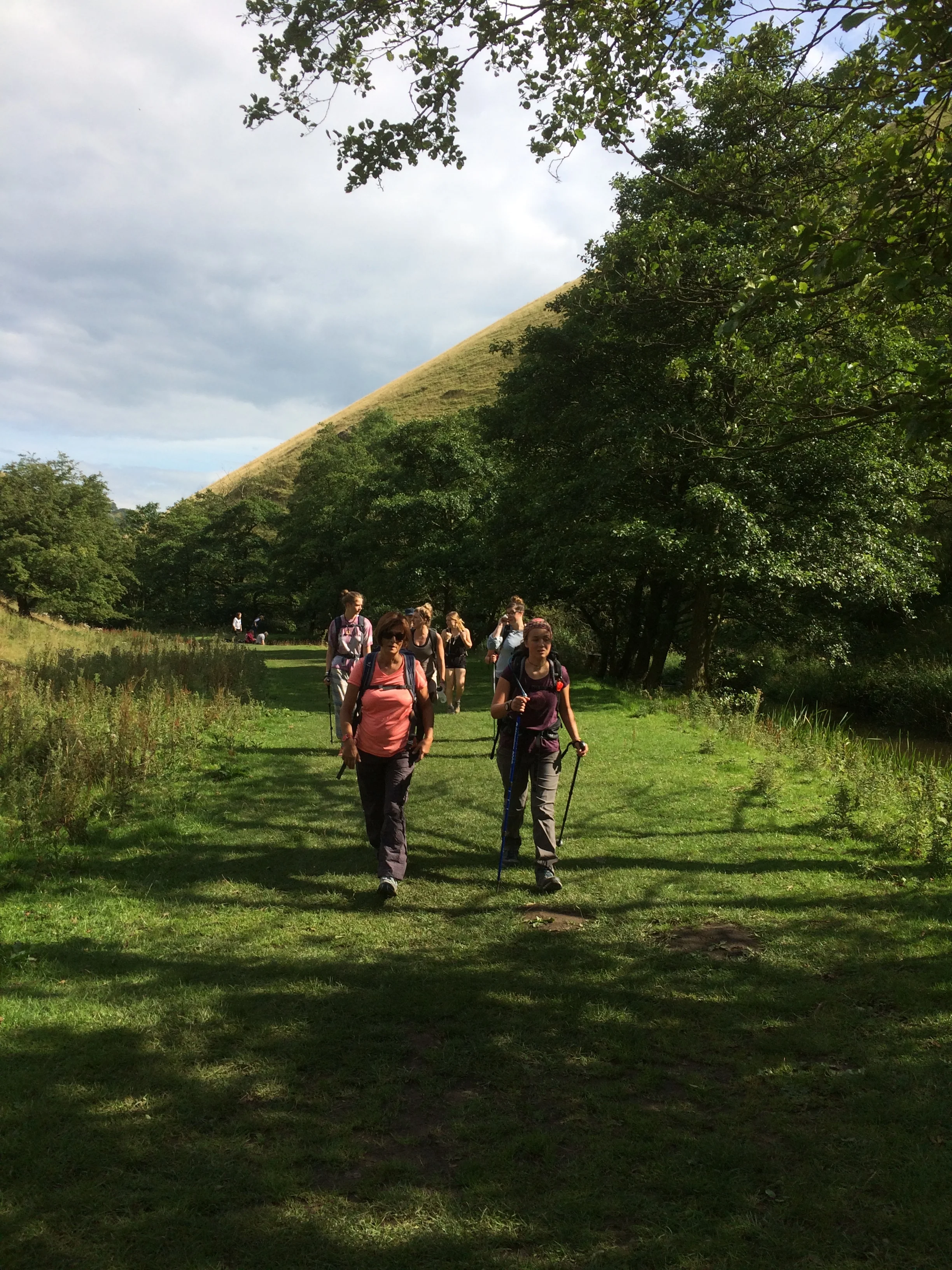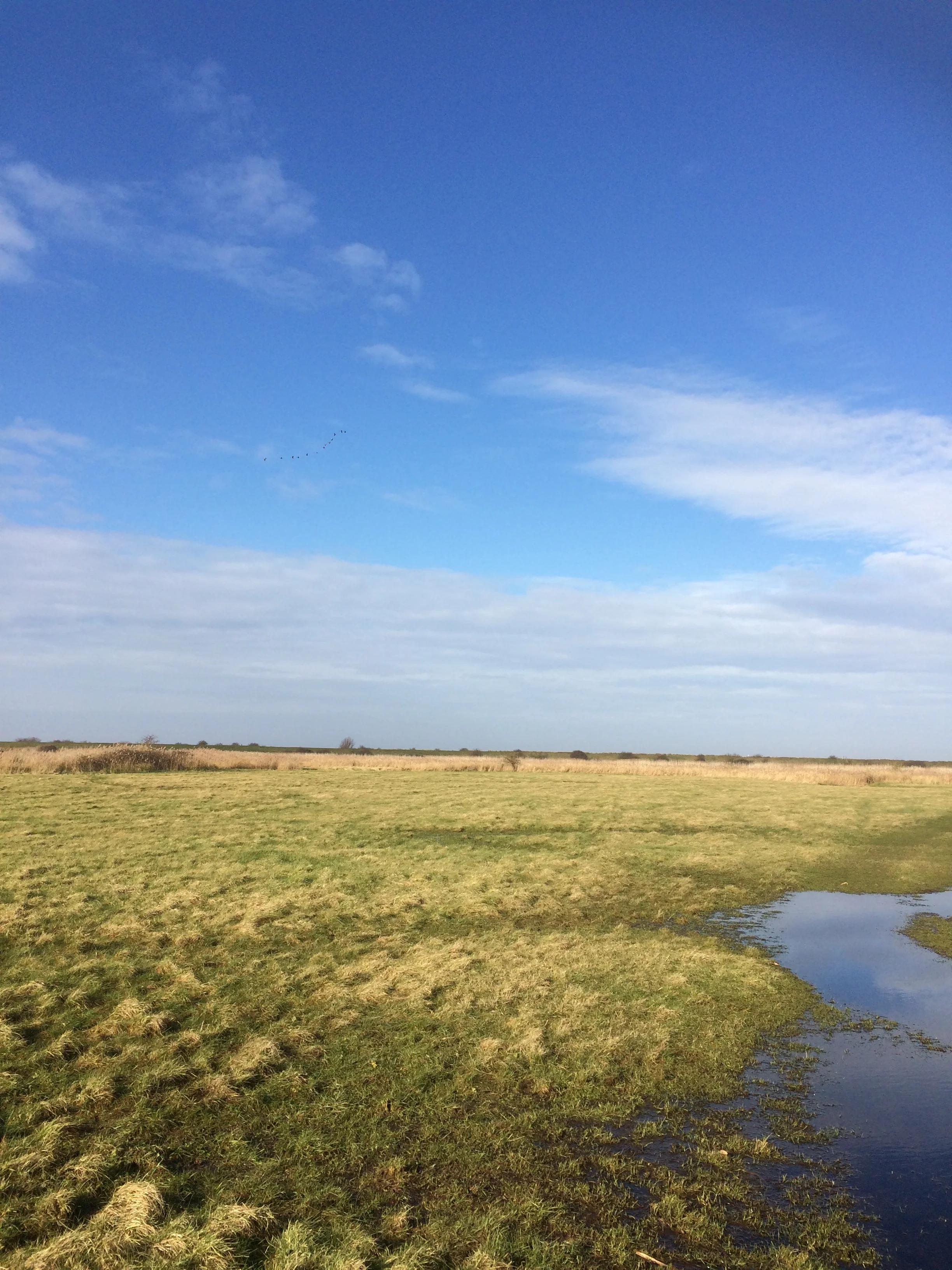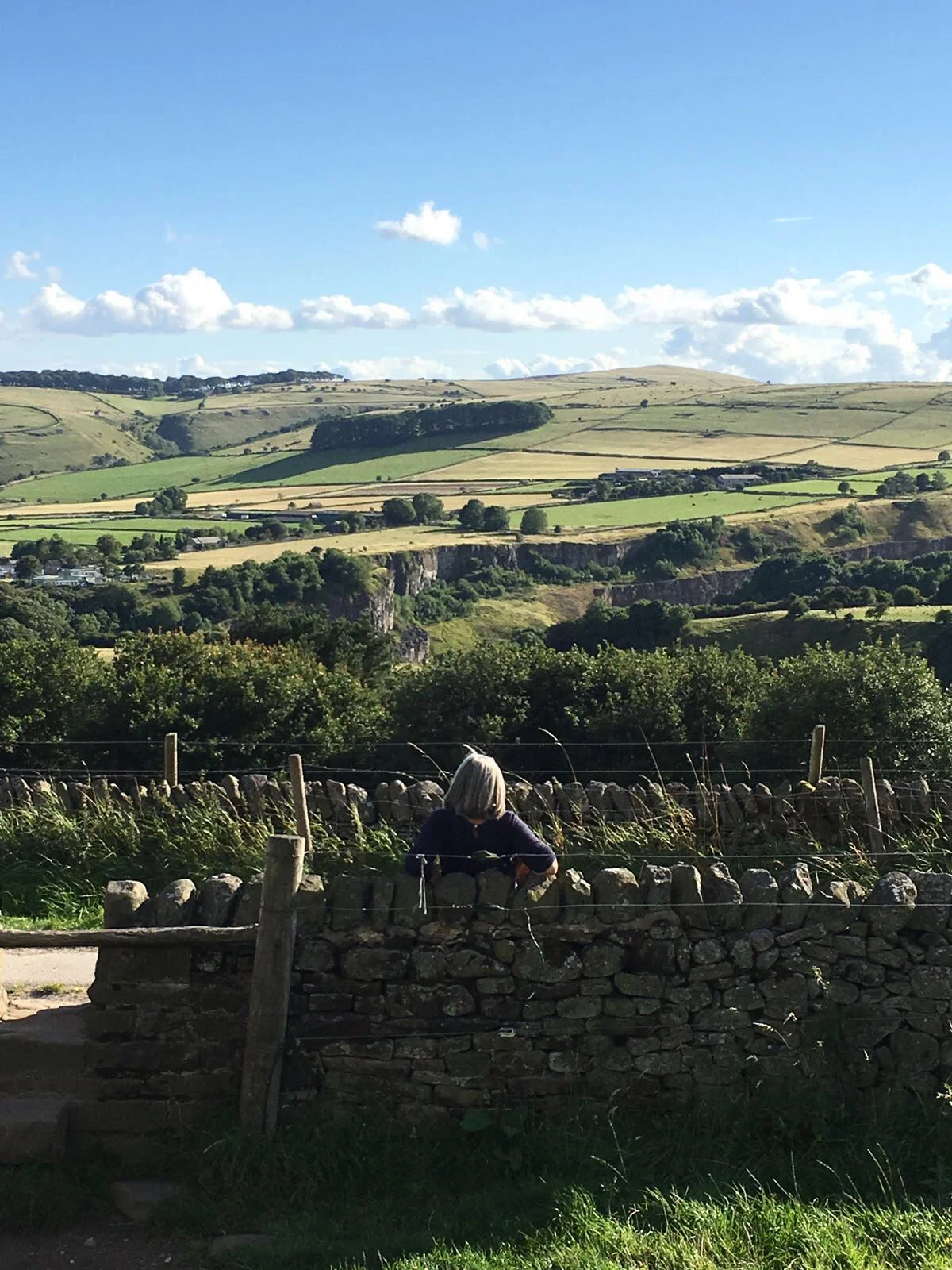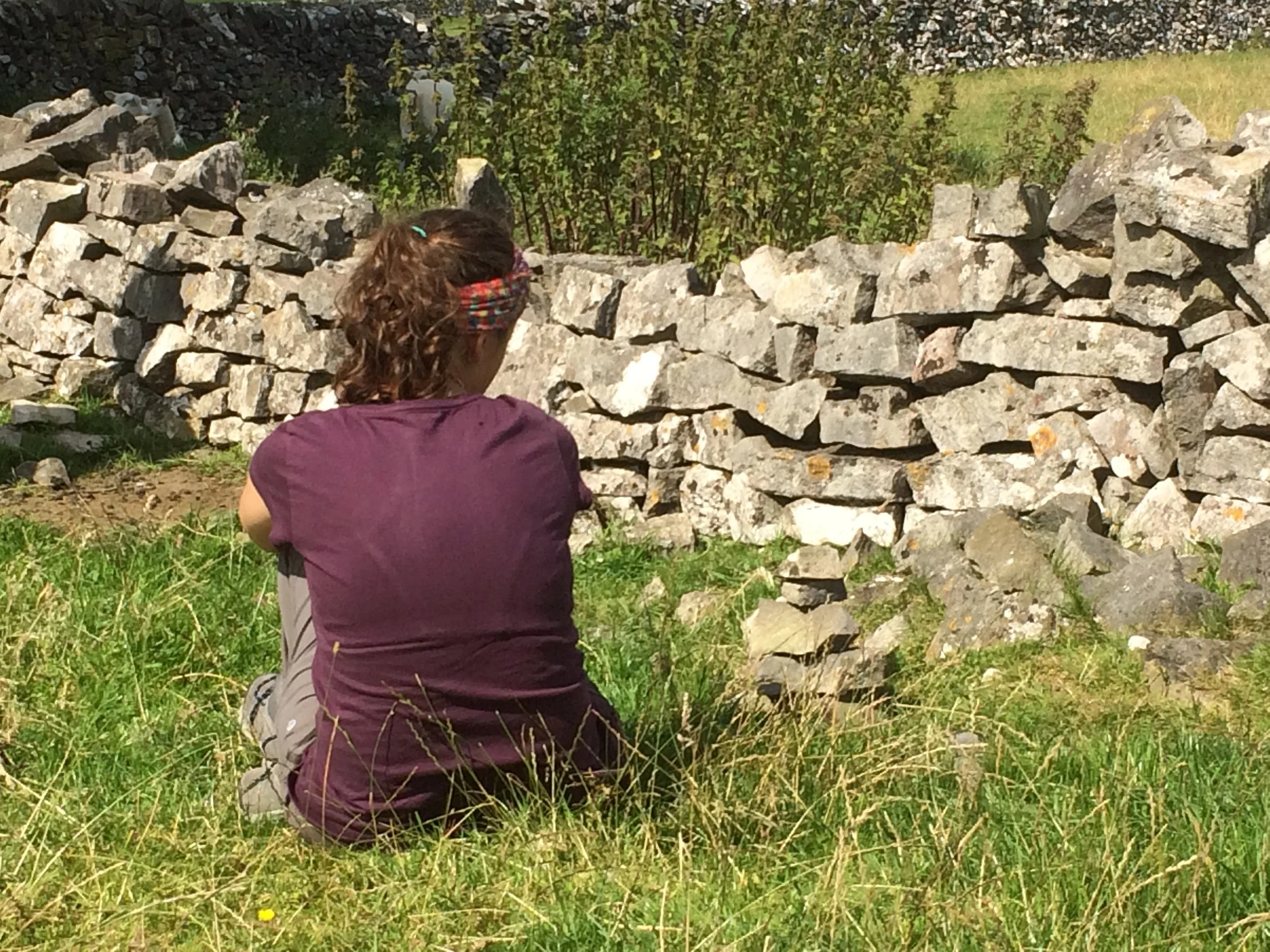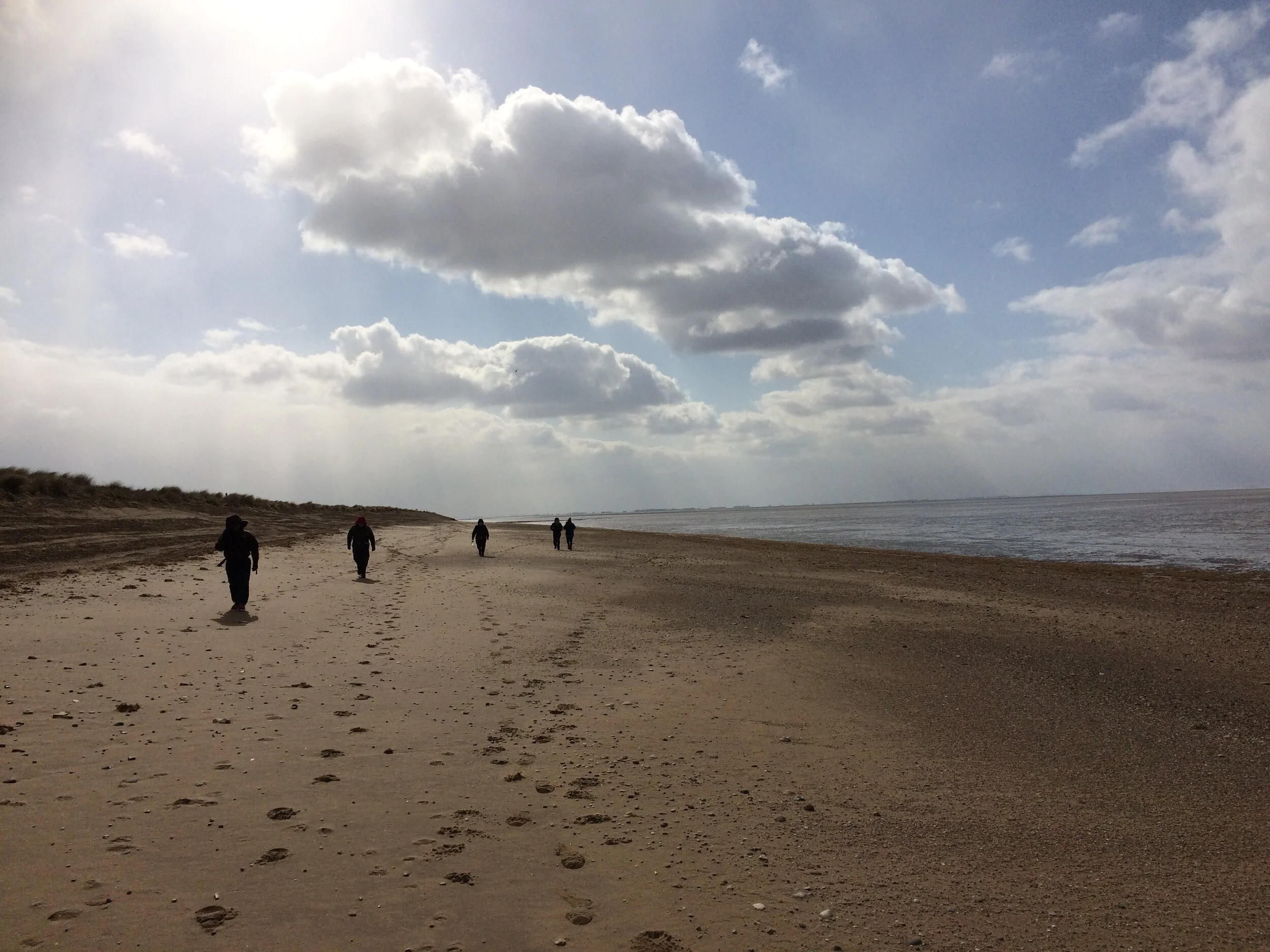
our ramblings
context & theory
of ecotherapy
walking and talking therapy for mental health
Walking and talking are the main things that humans do. These skills distinguish us from other species and define our position in the ecosystem. The fact that we can do both at the same time is a tremendous boon. Even more fortuitously, it is now being recognised that doing both together is a good idea. Walking and talking is a therapy for mental health.
what (on earth) is a pilgrimage, and why (on earth) would I want to go on one (on earth)?
Pilgrimages are just walks. After all, walks have destinations and are deliberate, and they can be extended over many days. And walks can be serious, rich and inspirational. The word pilgrim derives from the Latin ‘peregrinus’ meaning ‘foreigner’ from the words ‘per ager’ meaning ‘through the fields’. A pilgrim is one who comes through the fields, a wanderer from afar, a person on a walk. But aside from the decline of religious faith in the modern world, there are reasons we don’t call ordinary walks pilgrimages. Choosing to label a walk a ‘pilgrimage’ elevates its significance considerably. So what distinguishes a pilgrimage from a walk?
mindfulness and nature: the perfect combination for enhancing well-being
A guest post from blogger and traveller Danny Newman about the interplay of mindfulness and nature.
All of us could do with slowing things down, taking a step back and making personal wellness a priority. Practising mindfulness andspending time in nature are two great ways of doing just that. Put them together and you have an ideal combination for enhancing your well-being. So, let’s take a look at mindfulness and nature in turn, before considering the benefits of combining the two.
mental health and walking outdoors
Lots of people ask me how and why wilderness therapy works. Many of us can attest to the mental health benefits of going for a walk, but it is difficult to pin down exactly what are the factors that cause this effect. This is my attempt.
new year's eve outdoors
A guest post from blogger and adventurer Seanna Fallon, about ipse wilderness' NYE journey.
I was tucked up in my sleeping bag when an anticlimactic dribble of fireworks cracked, a fresh page was turned, and a host of new hopes, dreams and goals were born. It was midnight. I thought of all the people around the world, intoxicated in a club, cuddled up on their sofas, at glitzy parties or intimate dinners. Meanwhile I was feeling like I’d struck gold with my new year, and lamented the ones I’d wasted, doing what I thought I should be doing instead of following my heart.
This was where I was meant to be.
how the romantic poets invented wilderness therapy
It seems to me that the pedagogical climate of the early 21st century shares a great deal with this attitude of the Romantic poets. From the millennial optimism of Ben Fogle and the Taransay experiment, to the Noughties popularity of Robert Macfarlane, Chris Packham, Forest Schools and mindfulness, to the new developments in forest bathing and wilderness therapy, sociologists, psychologists, teachers and politicians know, deep down, that Nature is good for children, for all of us, and that screens are, mostly, bad. Our sensibilities in post-modern, post-industrial Britain, are profoundly Romantic at heart.

